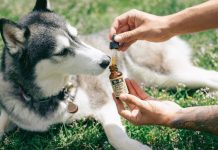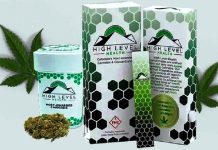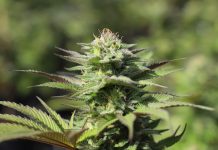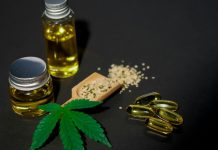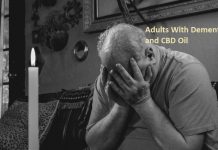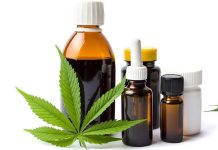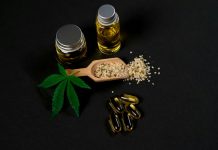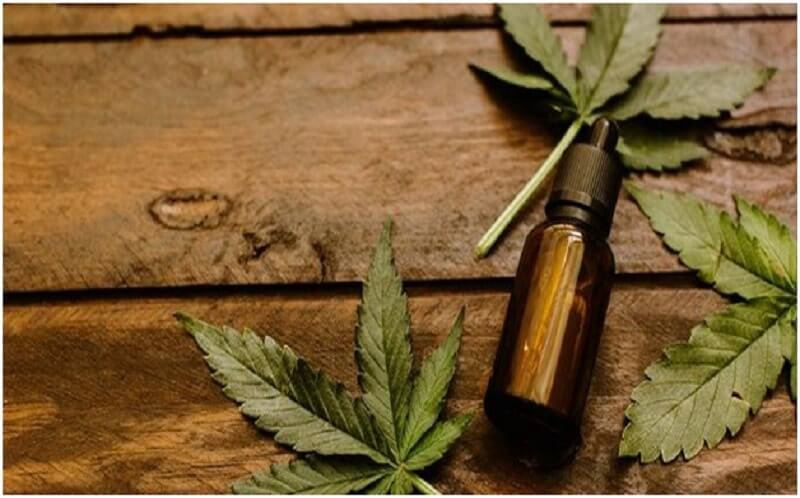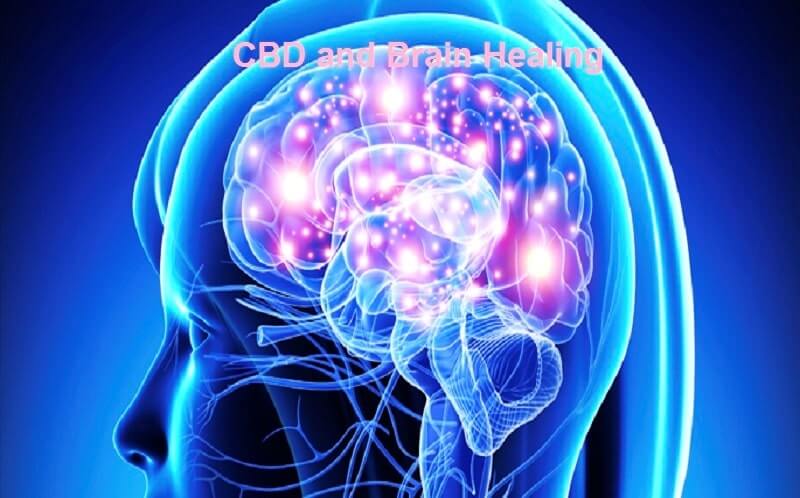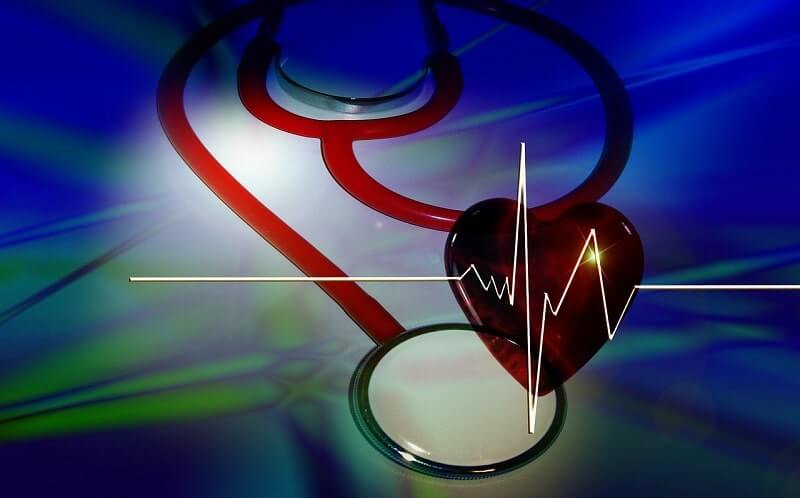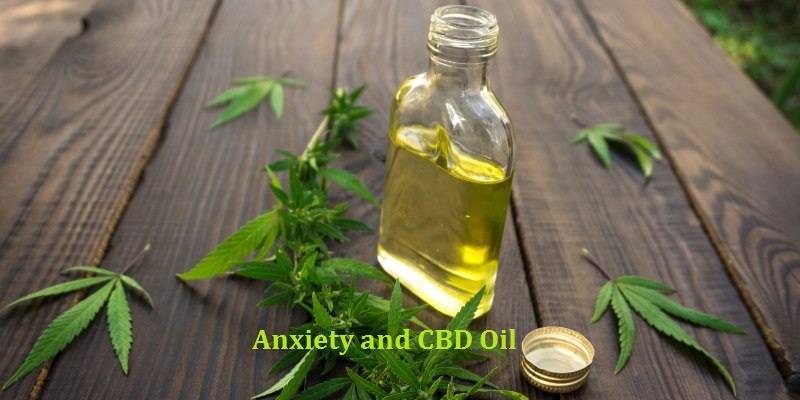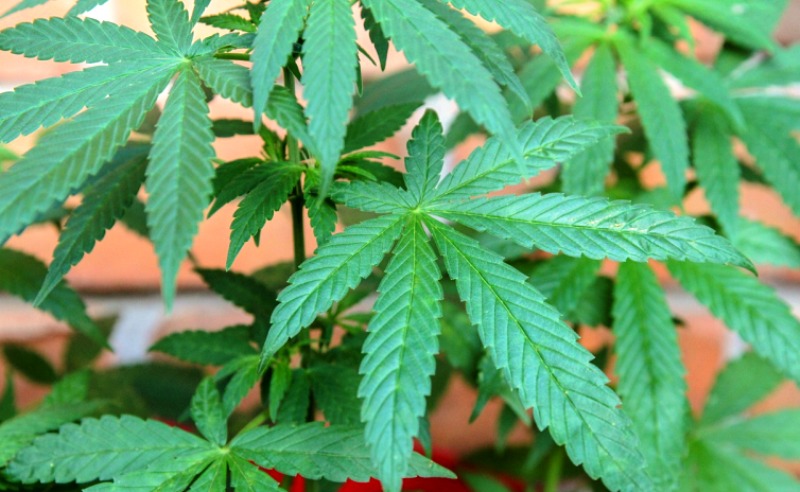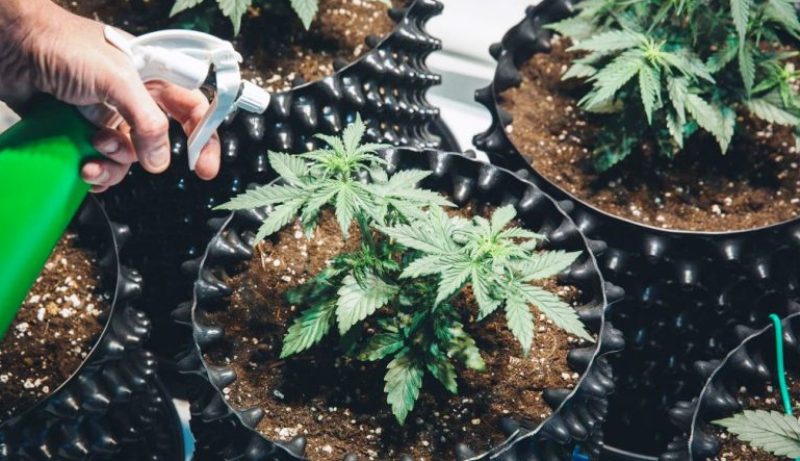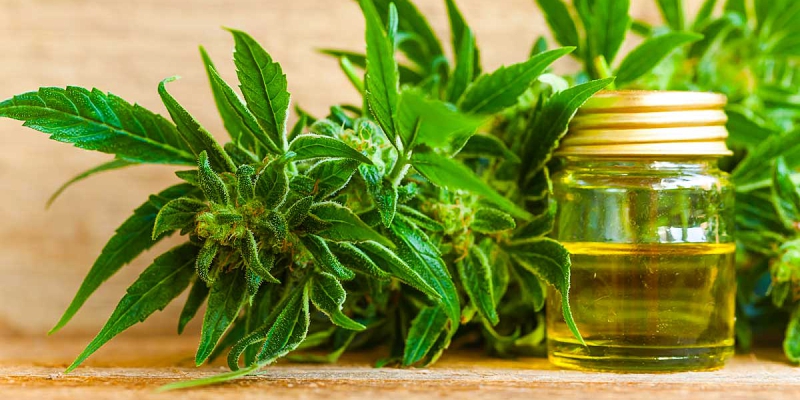Numerous receptors are present in our nervous system. Receptors are like mobile telephony antennas that receive and transmit signals. Just as a repeater receives a specific electromagnetic wave as a signal, receptors also receive specific molecules to receive and transmit certain messages.
One of these systems composed of different receptors in the endocannabinoid system (SEC). The SEC receptors are distributed in the brain and peripheral nervous system (spinal cord and nerves).
In the brain, these receptors are mainly present in the areas responsible for perception, concentration, memory, and movement. This is why the SEC is involved in the regulation of many physiological processes, including those related to feelings of pain, mood, and appetite. Furthermore, the SEC is also part of the neural system activated by exercise. For example, the so-called “Runner’s Loss” is caused by the action of the endocannabinoid system. Among the 5 Key Health Benefits of CBD here are the options.
The CBD tamps the effects of THC
CBD is a non-psychoactive cannabinoid, meaning it does not cause the so-called “high” associated with cannabis. As many marijuana users will already know, THC tends to cause different psychotropic effects when consumed and can generate moments of anxiety, paranoia, and panic when taken in high quantities.
However, CBD has the ability to counteract the symptoms of anxiety induced by THC, generating sedative effects that reduce some negative consequences of this psychoactive cannabinoid, such as tremors and rapid heartbeat.
Reduces pain and infections
If we were to list all the benefits of CBD for our health, the pages of a great encyclopedia would not be sufficient. Many consumers use this cannabinoid to alleviate pain and inflammation. Although giant steps have been made in cannabidiol research, the international medical community has not yet fully recognized and accepted the therapeutic properties of cannabinoids. Cannabinoids, like CBD, can reduce pain thanks to their action on the endocannabinoid system present in the human body.
DOC and DPTS
CBD has shown in recent years to mitigate the symptoms associated with two forms of anxiety. Post-Traumatic Stress Disorder (DPTS) and Obsessive-Compulsive Disorder (DOC). According to several studies, the DPTS is generated by an anandamide deficiency in the human endocannabinoid system. There is, therefore, a close relationship between cannabinoids and symptoms related to anxiety disorders. Patients with DOC can alleviate and cure mental and physical compulsions by taking cannabis varieties high in CBD and low in THC.
Antipsychotic
In addition to relieving anxiety disorders, CBD also acts as an antipsychotic. Some scientific evidence suggests that cannabidiol could help treat schizophrenia and other mental health problems, such as bipolar disorder. Although THC itself cannot generate mental illness, it can simulate acute psychotic symptoms in some people. These show how important the action of CBD is when taking high THC concentrations.
Antiemetic
One of the worst feelings you can experience is nausea, which can often degenerate into vomiting. CBD oils can easily reduce this disorder, effectively treating rejection symptoms. CBD oils are easily digestible, do not contain chemical components, and do not give off the unpleasant flavors of normal anti-emetic drugs, rich in antacids and bismuth.
Anticonvulsant
Several documents on anticonvulsant properties of CBD have recently been reported. According to the data collected, this cannabinoid would be very effective in therapies to treat some forms of childhood epilepsy, including Drave-Syndrome. Although limited to several anecdotal testimonies, progress made in this field seems quite promising. The varieties of marijuana high in CBD and low in THC would seem very effective in reducing seizures.
Acne
Try taking a look at the skincare department and you will find that there are many natural ointments and ointments containing industrial hemp. Hemp and CBD contain several very beneficial anti-inflammatory components. CBD, in fact, acts on human sebaceous glands, producing a “triple” anti-acne action on skin cells.
Energizing
Although CBD is known for its calming effects, it also offers to energize properties capable of regenerating energy and restoring strength. This is due to the ability of cannabidiol to strengthen the cells of the human body, contributing to their proper regeneration. In addition, CBD is also an excellent antioxidant that promotes the sense of waking not inhibited by the presence of free radicals.
Antitumoral / Anticancerogeno
One of the most interesting and encouraging fields of research on CBD is the effectiveness of CBD in the reduction of tumors and inhibition of tumor cell proliferation. Cannabinoids bind to receptors in our endocannabinoid system to prevent the formation of tumor metastases, inhibiting the possible growth of the tumor and limiting the migration of tumor cells in the body. The potential applications of Cannabis for cancer patients are now known and scientifically proven.
Does not require a medical prescription
Medical prescriptions can be difficult to obtain, regardless of the medication required. However, CBD is legal throughout most of Europe and can be purchased in the form of CBD oil, topical ointments, and more. Instead of queuing up in your pharmacy, order your products online.
Conclusion
If on the one hand, THC accelerates the nervous system, on the other the CBD slows it down. According to numerous researches, CBD has anti-spasmodic, anti-psychotic, anti-convulsant, and neuroprotective properties. Therefore, the application of CBD oil can be very effective for relaxing the muscles and the body in general. CBD also has the ability to relieve daily stress, making the nervous system more resistant to external stimuli.
These receptors bind to Cannabinoids produced by our nervous system, endorphins. One of the most important endorphins that transmit signals to the SEC is 2-arachidonoylglycerol (2-AG). This molecule binds to the CB1 and CB2 receptors. Also, Cannabidiol, CBD, binds to these receptors, generating the same effects as 2-AG. The CBD also binds to the same receptors as the psychoactive Cannabinoid, THC, but the effects it generates are opposite.


